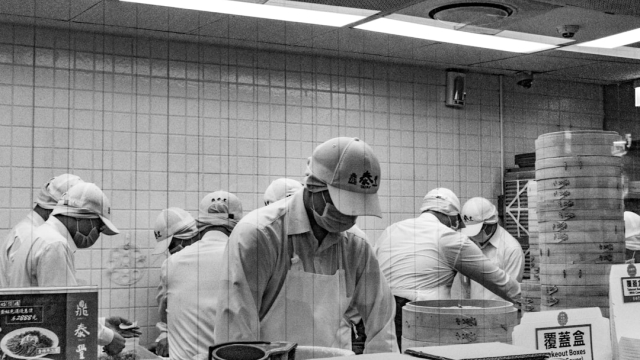In the dynamic world of food and beverage production, the efficiency and quality of manufacturing processes play a pivotal role in determining a company’s success. beverage manufacturing systems are essential frameworks that enable producers to create, package, and distribute various drink products, including juices, sodas, and other beverages. Understanding these systems is crucial for businesses that aim to optimize their production lines, enhance product quality, and meet consumer demands effectively.
Overview of Beverage Manufacturing Systems
Beverage manufacturing systems encompass a wide range of processes and technologies designed to streamline the production of drinks. These systems integrate various stages of manufacturing, from raw material handling to bottling and packaging. By utilizing advanced technologies and methodologies, beverage manufacturers can achieve higher efficiency, improve consistency, and maintain product safety. The overarching goal is to create a seamless workflow that ensures products meet quality standards while minimizing waste and operational costs.
Key Technologies in Juice Filling Processes
One of the critical components of beverage manufacturing systems is the filling process, particularly for juice products. Juice filling technologies have evolved significantly, incorporating various methods to enhance accuracy, speed, and hygiene. Common techniques include:
- Gravity Filling: This method uses the natural pull of gravity to fill containers with juice. It’s suitable for low-viscosity liquids and is often favored for its simplicity and cost-effectiveness.
- Pressure Filling: In pressure filling systems, juice is pumped into containers under pressure, allowing for faster filling rates. This method is ideal for high-speed production lines.
- Piston Filling: Piston fillers utilize a piston mechanism to dispense a specific volume of juice into each container. This technique is highly accurate and works well with varying viscosities.
- Vacuum Filling: This technique removes air from the container before filling, minimizing oxidation and extending shelf life. It’s particularly advantageous for sensitive juice products.
Each of these technologies contributes to the efficiency of beverage manufacturing systems, ensuring that juice products are filled accurately and hygienically, which is essential for maintaining quality and safety standards.
Benefits of Automated Production in Beverage Manufacturing
Automation has become a cornerstone in modern beverage manufacturing systems, offering numerous advantages that enhance operational efficiency. Some key benefits include:
- Increased Efficiency: Automated systems can operate continuously, significantly increasing production rates. By reducing manual labor requirements, companies can allocate resources more effectively.
- Consistent Quality: Automation ensures that each step in the manufacturing process is performed consistently, reducing human error and maintaining high quality across all products.
- Scalability: Automated systems can be easily scaled to meet changing production demands. Whether a business is expanding its product line or increasing output, automation provides the flexibility needed to adjust.
- Data Integration: Modern beverage manufacturing systems often include data tracking capabilities, allowing businesses to monitor production metrics in real-time. This data can inform decision-making and help identify areas for improvement.
Considerations for Investing in Beverage Manufacturing Systems
For businesses looking to invest in beverage manufacturing systems, several considerations are vital to ensure a successful implementation. First, companies should evaluate the specific needs of their production processes and select systems that align with their goals. Key features to look for include:
- Flexibility to handle various container sizes and types
- Integration capabilities with existing systems for seamless operations
- Robust safety features to comply with health regulations
- Scalability options to support future growth
Ultimately, understanding the potential return on investment (ROI) is crucial. Businesses should analyze not only the initial costs but also the long-term savings associated with efficiency gains, reduced waste, and increased product quality.
In conclusion, beverage manufacturing systems are vital for any company looking to produce high-quality beverages efficiently. By investing in the right technologies and processes, businesses can enhance their production capabilities and position themselves for success in a competitive market. For those specifically interested in optimizing juice filling processes, exploring advanced filling machines and systems can lead to significant improvements in both productivity and product quality. Discover more about innovative juice filling solutions here.



